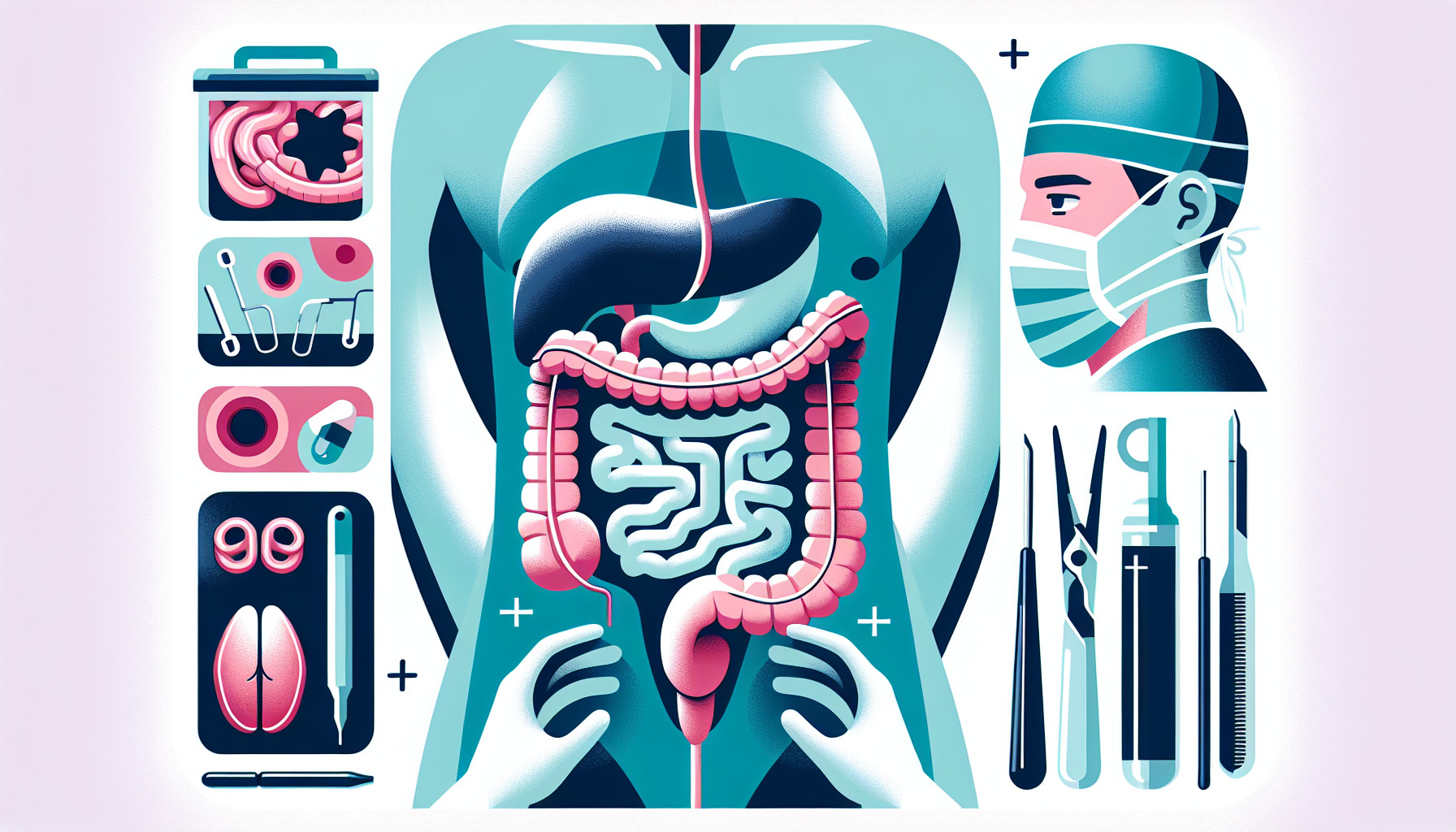Our Summary
This research paper discusses how some severe blood disorders can be cured by transplanting blood stem cells from a healthy donor to a patient. However, this procedure can sometimes lead to complications such as acute graft-versus-host disease (GvHD), a condition where the donated cells attack the patient’s body.
Early studies suggested that bacteria in the gut could contribute to the development of this disease. To prevent this, doctors began using antibiotics to remove the bacteria from the gut of patients undergoing the transplant, a practice known as gut decontamination (GD).
However, recent research using modern DNA sequencing techniques to study the bacteria that live in our guts (the microbiome) is starting to challenge the benefits of this practice. This paper reviews the history of GD and the results of clinical trials that have studied its use in preventing GvHD in patients undergoing stem cell transplants.
The authors also discuss recent research showing that the gut microbiome plays a role in regulating the immune system in the gut. They suggest that in the future, it may be possible to reduce the risk of GvHD by manipulating the microbiome in a more selective way.
FAQs
- What is the role of gut decontamination in preventing acute graft-versus-host disease (GvHD) in patients undergoing stem cell transplants?
- How might the gut microbiome contribute to the development of acute graft-versus-host disease (GvHD)?
- How could future treatments potentially reduce the risk of acute graft-versus-host disease (GvHD) by manipulating the microbiome?
Doctor’s Tip
A helpful tip a doctor might give a patient undergoing an intestinal transplant is to discuss the use of gut decontamination (GD) with their healthcare team. It is important to understand the potential benefits and risks of this practice, as well as any new research or advancements in the field that may impact treatment decisions. Patients should also be aware of the importance of maintaining a healthy gut microbiome, as it plays a role in immune regulation and overall health. It is important to follow the guidance of healthcare professionals and stay informed about the latest developments in intestinal transplant care.
Suitable For
Intestinal transplant patients are typically recommended for those with severe intestinal failure, which can be caused by a variety of conditions such as short bowel syndrome, inflammatory bowel disease, congenital defects, or trauma. These patients may have difficulty absorbing nutrients or suffer from chronic abdominal pain, diarrhea, and malnutrition despite medical treatment.
Patients who have failed other treatments such as total parenteral nutrition (TPN) or medications may be considered for an intestinal transplant. Additionally, patients who are at risk for complications such as liver failure or recurrent infections due to their intestinal failure may also be recommended for a transplant.
Overall, intestinal transplant is considered a last resort treatment for patients with severe intestinal failure who have not responded to other medical interventions. The decision to undergo an intestinal transplant is made on a case-by-case basis by a multidisciplinary team of healthcare providers including transplant surgeons, gastroenterologists, nutritionists, and social workers.
Timeline
- Before Intestinal Transplant:
- Patient is diagnosed with a severe intestinal disorder that cannot be treated with conventional methods.
- Patient undergoes extensive testing to determine if they are a candidate for an intestinal transplant.
- Patient is placed on a waiting list for a suitable donor match.
- Patient undergoes pre-transplant evaluations and preparations, including medications and counseling.
- Patient receives the intestinal transplant surgery.
- After Intestinal Transplant:
- Patient is closely monitored in the hospital for complications and signs of rejection.
- Patient undergoes a period of recovery in the hospital, which may involve complications and the need for additional treatments.
- Patient is discharged from the hospital and continues to be monitored closely as an outpatient.
- Patient may experience complications post-transplant, such as infections or rejection episodes, which require treatment.
- Patient undergoes long-term follow-up care to monitor the success of the transplant and manage any ongoing issues.
- Patient may need to make lifestyle changes, including dietary restrictions and medication management, to maintain the health of their new intestine.
What to Ask Your Doctor
- What is an intestinal transplant and why might I need one?
- What are the potential risks and complications associated with an intestinal transplant?
- How successful is an intestinal transplant in treating my specific condition?
- How long is the recovery process after an intestinal transplant?
- What medications will I need to take after the transplant and what are the potential side effects?
- How will the transplant affect my diet and lifestyle?
- How often will I need to follow up with my doctor after the transplant?
- What is the role of gut decontamination in preventing complications such as GvHD after an intestinal transplant?
- What are the potential benefits and risks of gut decontamination in my specific case?
- Are there any alternative strategies to prevent complications after an intestinal transplant, such as manipulating the gut microbiome?
Reference
Authors: Whangbo J, Ritz J, Bhatt A. Journal: Bone Marrow Transplant. 2017 Feb;52(2):183-190. doi: 10.1038/bmt.2016.206. Epub 2016 Aug 15. PMID: 27526283
